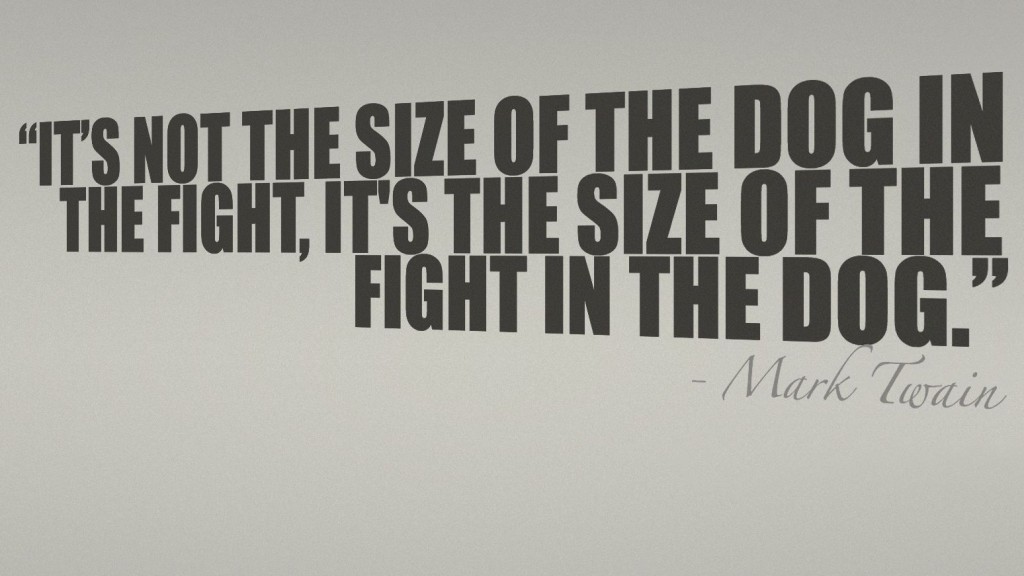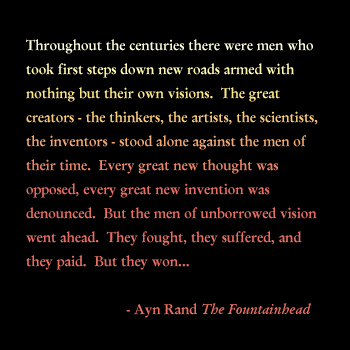In our day to day lives, we very often loose the bigger perspective and be consumed by many small issues which don’t matter too much in the long term. In the heat of the moment, it is not uncommon for people to see other people with a ‘what can you do for me?‘ attitude only. Placing undue attention on materialistic things weakens our ability to see the value of basic human to human bonding. There is also a famous quote by Spencer W. Kimball –
“Love people, not things; use things, not people. ”
If we take the bigger perspective of life into the picture, people are always more important than anything materialistic. All materialistic things have been created by humans only and never has any materialistic thing created a human being. Remembering the value of human life and relationships can help us realize that things can always be replaced – houses can be rebuilt, lost possessions can be regained but the people in our lives are not replaceable. And during tough times, it is always the people in our lives who help us weather the storms and never our possessions. Yet in our good times, how easy it becomes to become attached to our jobs, money and ‘what we can buy‘ when the real joys of life are always free.

"People were created to be loved, Things were created to be used, The reason the world is in chaos, is because things are being loved, and people are being used."
Decide What is Important, the Person or the Matter
Before getting into any conversation, we should always ask ourselves “Who is more important, the person or the task at hand?” and then never forget this during the conversation. There might be times when our ego can drive us to say mean things which could harm the relationship, even if we get the desired outcome. But is it worth it? And at what cost? It is very important to recognize when we are driven by our ego, and then STOP.
What if we are right?
Even if we strongly believe that what we are saying is right, we should not hurt the other person’s ego by trying to prove him wrong, or acting in an aggressive and rude manner. What one ego is saying can never be countered by the ego of another, but the other person can always be brought to reason by being compassionate and patient. The point I am trying to make is that if we realize that the conversation is driven by ego, we should allow the other person to get away with it, in the better interests of the relationship. Sooner or later, that person will realize it too.
Materialistic Things are Important too
All this is not to suggest that we should stop using our brain to design and manufacture new machines, factories, industries, ideas and services. All these materialistic things have been the greatest achievement of human beings. In the last two centuries, first with the industrial revolution (factories, cars, electricity, assembly lines) and the progress in science we made with that, and now with the knowledge revolution (computers, internet, globalization) we have totally changed the quality of human life on earth. So while materialistic things must be the output of our ever growing and creative mind, but they are only created to serve us and make our lives better, not the other way round.
In conclusion, love for others creates happiness for us and for others too. It’s easy to believe that money and things bring happiness, but they don’t. Happiness is a habit, and not an outcome of something. It is therefore much wiser to love people and use things, than to love things and use people.



